Vermont Nursing and Nurse Practitioner Coalition Opposes the Department of Education’s Proposal to Exclude Nursing from the List of Professional Degree Programs
Posted 3 months ago by Michelle Wade
This announcement has 2 attachments:
Vermont Nursing and Nurse Practitioner Coalition Opposes the Department of Education’s Proposal to Exclude Nursing from the List of Professional Degree Programs
November 22, 2025
Recently, the U.S. Department of Education excluded “nursing” from the list of “professional degree programs,” significantly impacting eligibility for federal student loans for Advanced Practice Nurses (APRNs).
APRNs (nurse practitioners, nurse midwives, and nurse anesthetists) are master's or doctoral-level providers who deliver primary, acute, chronic, and specialty care to patients of all backgrounds.
The impact on access to graduate nursing programs through federal student loans will be devastating. Under the new definition, “professional degree programs” will now only include medicine, pharmacy, dentistry, optometry, law, veterinary medicine, osteopathic medicine, podiatry, chiropractic, theology, and clinical psychology. These professions will be able to access $50,000 in federal loans annually, with a lifetime maximum of $200,000.
APRNs, physician assistants, physical therapists, and audiologists will be excluded from this definition. They will fall under the definition of “graduate level nurses” and will only be eligible for $20,500 in federal loans annually, with a lifetime maximum of $100,000.
This change will render graduate-level nursing programs unaffordable for many students, leading to a broader nursing shortage, limiting access to health care, and posing significant challenges to our already fragile healthcare systems.
Graduate-prepared nurses are essential not only for clinical care but for the stability of the entire nursing workforce pipeline. MSN and DNP prepared nurses serve as faculty in schools of nursing educating the next generation of RNs, LPNs, and APRNs and they provide the academic leadership required to sustain and expand nursing programs. Nationwide, nursing schools already report persistent faculty shortages that limit program enrollment capacity. Reducing access to graduate education will further shrink the pool of qualified nurse educators and academic leaders, worsening the workforce crisis at its source.
In addition, MSN and DNP prepared nurses hold key leadership roles across hospitals, community health centers, long-term care, state agencies, and federal programs. These leaders drive quality, safety, policy development, and system-level innovation. Restricting their access to education jeopardizes the leadership pipeline that supports patient care, public health readiness, and organizational resilience.
APRNs are an essential component of our health care system.
- According to the Centers for Medicare and Medicaid Services (CMS), nurse practitioners perform nearly one billion visits annually.
- According to the American Nurses Association (ANA), more than 250,000 students are currently enrolled in entry-level Bachelor of Science in Nursing programs, and approximately 42,000 are enrolled in associate degree nursing programs. Of the nurses currently enrolled in degree programs, many go on to become nurse practitioners.
- The American Association of Colleges of Nursing (AACN) reports that, as of 2024, 42,767 students are enrolled in Doctor of Nursing Practice (DNP) graduate programs, and 84,087 are enrolled in master’s programs to become nurse practitioners.
- As of 2024, over 243,000 nurse practitioners billed Medicare services nationwide—NPs are now the largest Medicare-designated provider specialty. Approximately 80% of nurse practitioners see Medicare and Medicaid patients.
Changes in access to student loan funding will reduce the number of individuals who are financially able to enter these nursing professions. This does not make practical sense; it limits access to care, fails to acknowledge the essential role of nurses in our system of health care, and will have far-reaching impacts across the entire healthcare system.
Michelle
Michelle Wade MSN/Ed, APRN, AGNP-C, ACNPC-AG, FAANP
President Vermont Nurse Practitioners Association
Adult-Gerontology Primary Care Nurse Practitioner
Adult-Gerontology Acute Care Nurse Practitioner
Vermontnp@gmail.com
cell 802-236-0683
